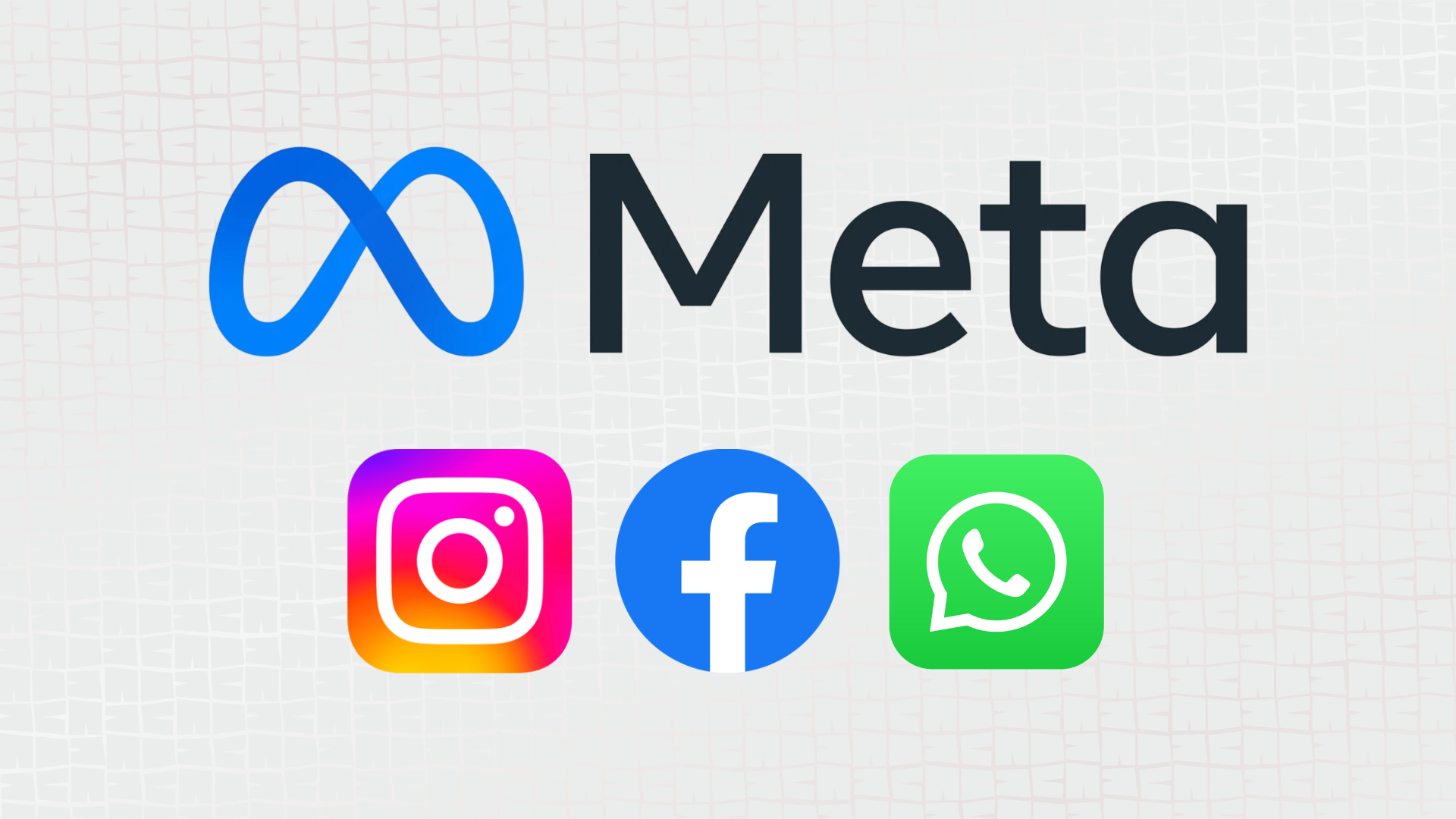Meta’s Monopoly Trial: The Future of Social Media at Stake

The FTC's Case Against Meta
The intense battle between the Federal Trade Commission (FTC) and Meta over allegations of monopolistic practices has the potential to reshape the landscape of social media and big tech as we know it.
In a move that would later become central to the FTC's case, Meta purchased Instagram for $1 billion in April 2012, followed by WhatsApp for $19 billion. Then, in December 2020, the FTC, in conjunction with 46 states, filed a lawsuit against Meta alleging illegal monopolization. This lawsuit specifically focused on the acquisitions of Instagram and WhatsApp, arguing that Meta employed a "buy or bury" strategy to eliminate potential competitors. While the initial complaint faced difficulties and was dismissed, an amended complaint was subsequently filed, and the case eventually went to trial in April 2025.
Meta's Defense: Growth, Improvement, and a Changing Landscape
According to Meta, they "...acquired Instagram and WhatsApp to improve and grow them alongside Facebook," the company's attorney Mark Hansen argued. "But the FTC claims that Meta '...They decided that competition was too hard, and it would be easier to buy out their rivals than to compete with them,'" said Federal Trade Commission (FTC) lawyer Daniel Matheson. Basically, like a social network monopoly.

Since 2011, the social media platforms have changed, and they aren't the same when it comes to posting, sharing, and adding friends. "The amount that people are sharing with friends on Facebook, especially, has been declining," Zuckerberg said. "Even the number of new friends that people add ... I think has been declining. But I don't know the exact numbers." Messaging between individuals or friend groups is becoming more popular than sharing content on more public social media feeds.
Meta's Competition: YouTube
Although Meta owns Facebook and Instagram, they still face competition, mainly with Google's YouTube. YouTube is popular amongst online content creators/influencers and younger audiences. Pew Research found that nine in 10 US teens use YouTube, while Facebook usage has "steeply declined" over the past decade among that age group. Due to the video type of format and the ability to have longer videos, people can spend more time on YouTube than on Facebook and Instagram combined.
Zuckerburg's Early Concerns and the Stakes of the Trial
Even before the lawsuit was filed, in 2018 Mark Zuckerberg raised concerns about this and the chance of spinning out Insta and WhatsApp. But Meta didn't end up spinning Instagram or WhatsApp off, and it's now he is in court fighting the FTC to avoid having to do just that.
In 2012, Zuckerberg appeared to realize that Facebook's now-defunct Facebook Camera service was falling behind Instagram in functionality and popularity."In the time it has taken us to get our act together on this, Instagram has become a large and viable competitor to us on mobile photos, which will increasingly1 be the future of photos,"2 Zuckerberg wrote in an email at the time in 2012.
Even though YouTube is a threat to Meta, still, Meta holds a firm grip on the social media market, especially in the US, according to Pew Research, where it operates a quarter of the most widely-used social media platforms. As the trial continues, it will be interesting to see how it affects the online space. Especially since there's a lot at stake for Meta, as it could be forced to offload Instagram and WhatsApp if it loses.
How This Could Impact Digital Marketing
The trial's outcome could reshape digital marketing. If Meta is forced to split up Instagram and WhatsApp, advertisers would most likely lose the ability to run unified campaigns across platforms. This would make audience targeting, data tracking, and content distribution more complex. Marketers may need to diversify faster, relying more on platforms like YouTube, TikTok, and others to maintain reach and results.


